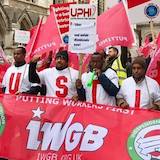
Belabored Podcast #184: Organizing the Unorganizable, with Jason Moyer-Lee
We hear about a new union in the UK organizing everyone from foster care workers to Uber drivers. Plus: an interview with a striking General Motors worker.
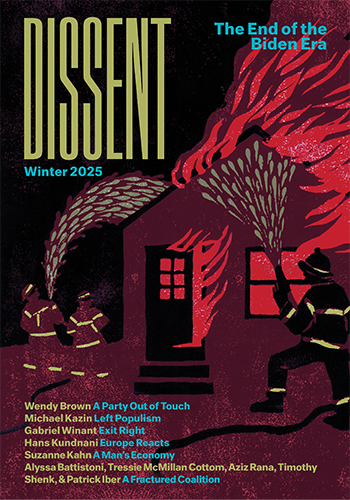

We hear about a new union in the UK organizing everyone from foster care workers to Uber drivers. Plus: an interview with a striking General Motors worker.
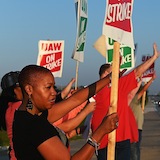
Only a strong movement can put the management of capitalism on the political agenda.
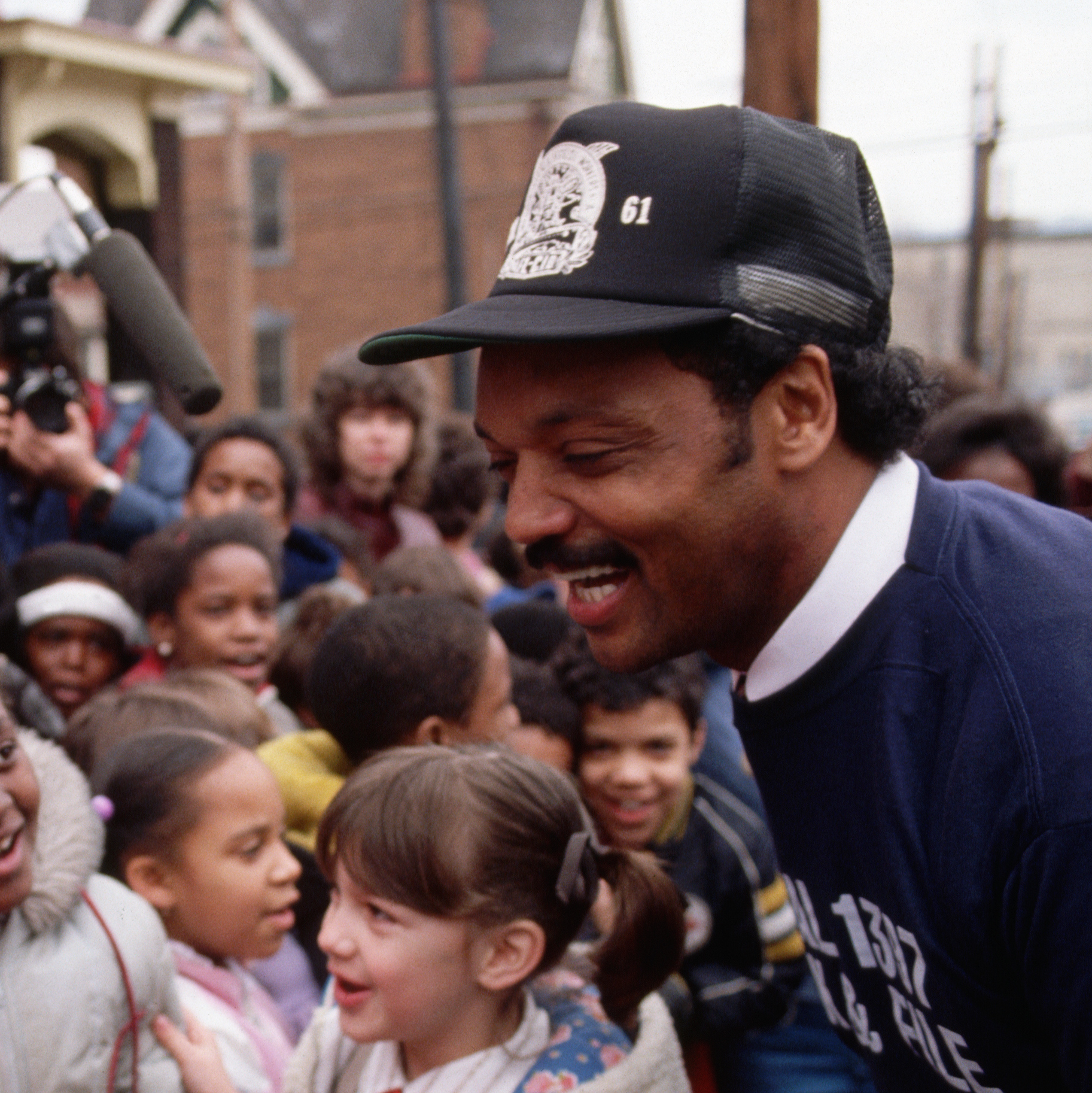
Don’t believe the media stereotype. An inclusive left populism has won in the Midwest before, and it can win again.

Activists in L.A. are connecting homelessness to the issues of over-policing, gentrification, and the fight for affordable housing—and asking the city to recognize the homeless as members of the community, rather than a problem to be swept out of view.

Personhood for Happy would create a legal precedent and framework for granting fundamental rights to nonhumans in the future.
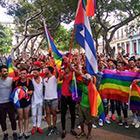
#LaMarchaVa represents a crisis of the state’s monopoly on information. By breaking with the standard methods and norms of participatory politics in Cuba, activists and the government find themselves in unknown territory.

How did ultra-wealthy families like the Kochs, Scaifes, Olins, and Bradleys use their fortunes to reshape American politics?
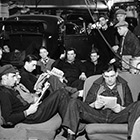
The labor historians of the 1960s were born into the culture of unity forged in the working-class movement’s classical phase, between 1890 and 1945. In one form or another, they told the story of this era, not realizing how radically it might come undone.
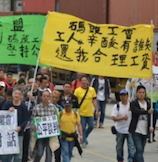
A report back from Labor Notes’s first ever conference in Asia.

The fires in the Amazon are within the historical average. That’s why we should worry.
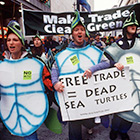
Bruno Latour’s flirtations with the paranoid style of climate politics are a summation of ideas long in the making—ideas that those attempting to preserve a planet shared by all will have to take into account, but will also have to reach beyond.

A neoliberal vision of public health and anti-immigrant politics have turned healthcare into a border zone.
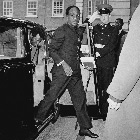
If the nation-state had failed to overcome the problem of colonial dependence, then the postcolonial political kingdom had to be reimagined. Nkrumah’s vision of pan-African federation was an effort to do just that.
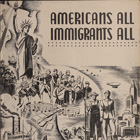
While nativists used economic depression and global conflict to stoke anti-immigrant sentiment, a movement emerged in New York City’s liberal and left-wing circles to combat racism and forge connections between ethnic groups.
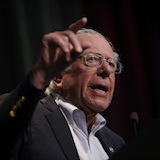
How would the workplace be different if the workers owned it?